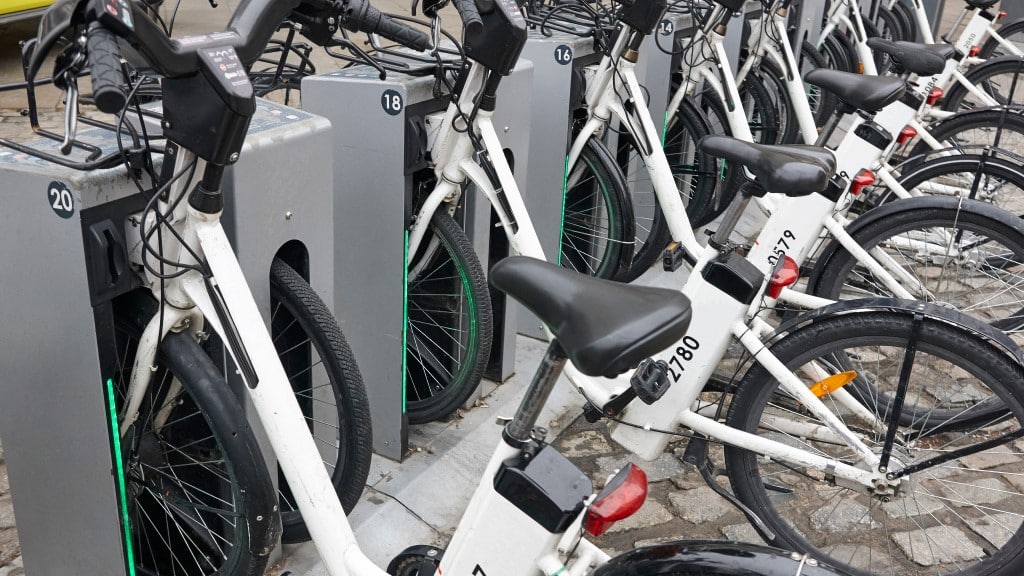Guidance from the UK Department of Transport on e-cycle battery safety
- February 12, 2024
- 12:00 pm


Iain Hoey
Share this content
Fire safety advice issued for e-cycle users
The UK Department of Transport has published new guidance aimed at e-cycle users to promote battery safety.
Released on 1 February 2024, the guidance underscores the importance of e-cycles in enhancing active travel and contributing to the decarbonisation of the transport sector.
Despite the overall safety of e-cycles, concerns have been raised regarding the fire risks associated with lithium batteries, especially in cases of counterfeit, damaged, or improperly modified e-cycles and batteries, or when using incorrect chargers.
The Department, in collaboration with the National Fire Chief’s Council, London Fire Brigade, and the Bicycle Association, seeks to mitigate these risks with comprehensive safety advice.
Understanding the risks and precautions
The guidance highlights the potential dangers of lithium battery fires, which can be difficult to extinguish and may produce toxic fumes, causing injury or death alongside significant property damage.
It provides detailed advice on purchasing, using, and maintaining e-cycles to ensure safety.
For those buying e-cycles, the guidance recommends purchasing complete e-cycles from reputable retailers and registering the product with the manufacturer.
It advises caution when buying second-hand or converted bikes and stresses the importance of ensuring these meet UK or EU standards, evidenced by CE or UKCA marking.
Charging and storage safety
Specific recommendations include using only chargers supplied with the e-cycle or replacements authorised by the manufacturer, following the manufacturer’s instructions for battery maintenance, and storing and charging e-cycles away from escape routes and combustible materials.
The guidance also suggests installing suitable fire detection in areas where e-cycles are charged or stored.
Legal implications and modifications
Modifications to e-cycles that exceed legal speed or power limits are discouraged, with the guidance noting that such modifications could reclassify the e-cycle as an unregistered motorbike, potentially leading to fines, penalty points, and insurance issues.
Warning signs and emergency response
Users are urged to be vigilant for warning signs of battery issues, such as excessive heat, bulging, leaks, noise, unusual smells, and changes in performance.
In cases where a battery starts smoking or catches fire, the guidance is clear: “raise the alarm, get out, stay out and call 999 immediately.”
IFSJ Comment
The UK Department of Transport’s latest guidance on e-cycle battery safety is a timely intervention aimed at safeguarding users from the potential risks associated with lithium batteries.
By offering detailed advice on purchasing, using, and maintaining e-cycles, the guidance reinforces the government’s commitment to promoting active travel while ensuring the safety of its citizens.
The collaboration with fire safety and industry bodies to produce this guidance illustrates a comprehensive approach to addressing the challenges posed by new technologies.
It is a reminder of the critical balance between embracing innovation and ensuring public safety.
As e-cycles become increasingly popular, this guidance serves as an essential resource for users, offering practical steps to mitigate risks and enhance safety in the use of e-cycles.

